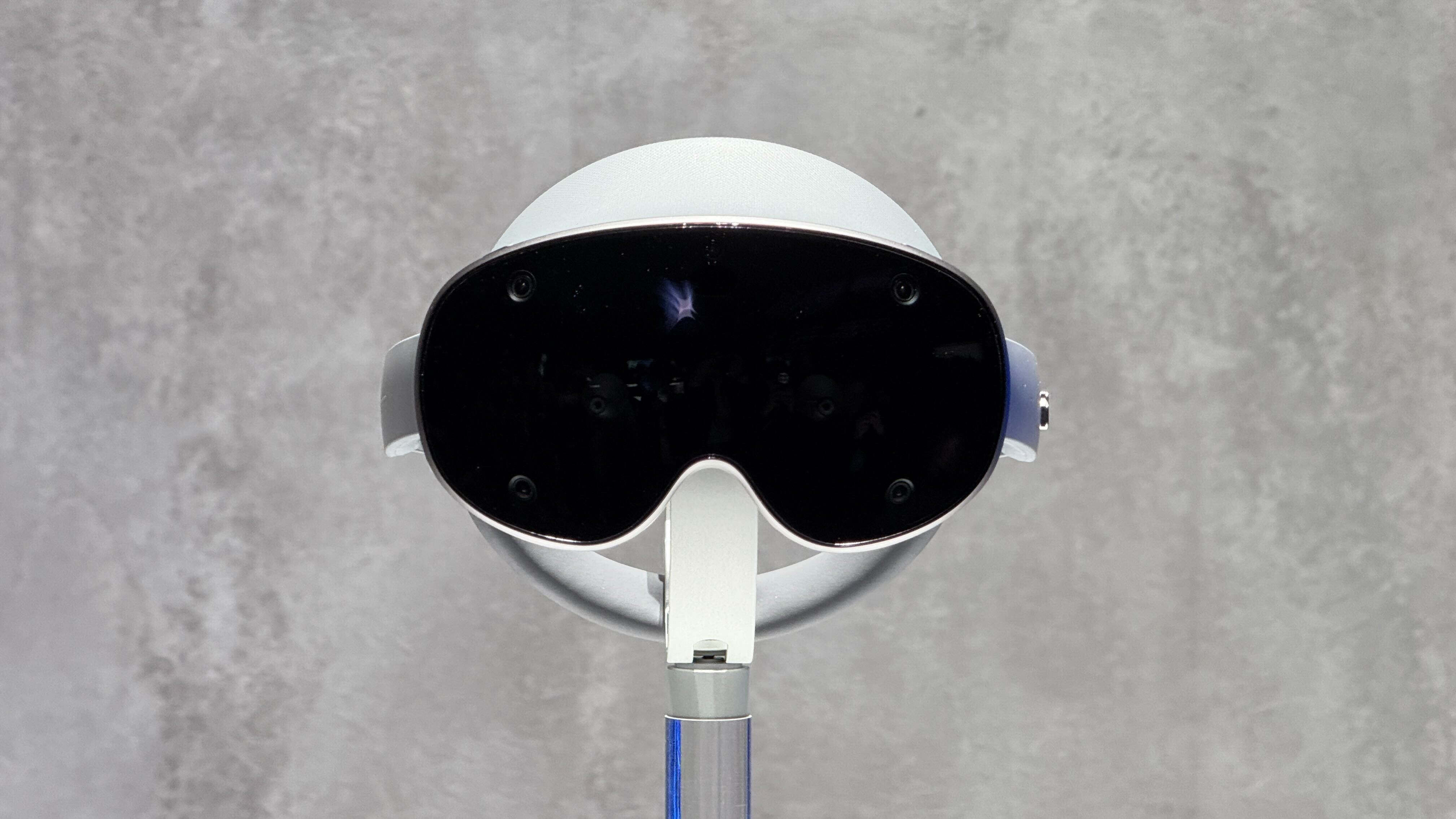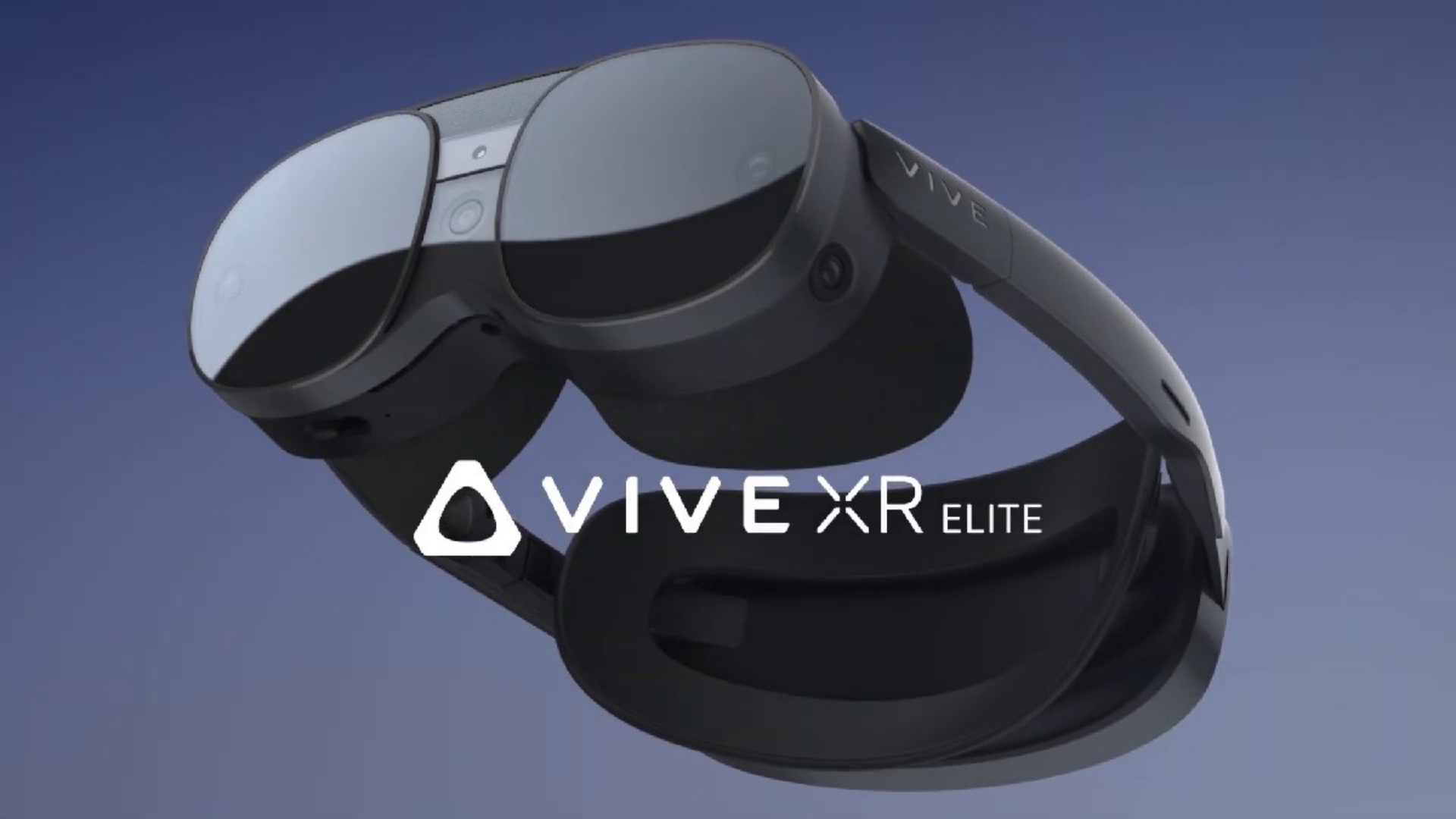Android XR just teamed up with HTC Vive – here’s why that’s a big deal
HTC is joining the Android XR team

- HTC engineers are joining Google to help develop Android XR
- They’ll help to accelerate development of the platform on headsets and glasses
- HTC has made some innovative headset designs, but has struggled with software
Google isn’t just partnering with Samsung on its Android XR project – which will see the eventual launch of Android AR glasses and VR headsets – it’s collaborating with a host of different XR software and hardware manufacturers. The latest to join the fold is HTC, and that could be a big deal for both companies.
In a short announcement on its The Keyword blog, Google revealed that “some of the HTC Vive engineering team” are hopping over to Google in order to “accelerate the development of the Android XR platform across the headsets and glasses ecosystem.” And with these employees comes some exciting hardware expertise.
From an innovative hardware perspective HTC has been one of the most interesting VR headset makers for a few years. I still regularly think about the HTC Vive XR Elite, a headset with a removable headstrap. Removing the strap would also remove the battery, morphing the device into a pair of XR glasses; as glasses they’d only function via a wired connection, but the design has always felt like the ideal setup for a productivity-focused gadget – when you need to be able to get up and move you can wear it in headset mode, then while you’re at your desk (where a wired connection would be less restrictive) you can wear the comfier and lighter glasses mode instead.
The HTC Vive Focus Vision takes a more standard design approach, but with its DisplayPort connectivity and its easy-to-swap removable battery it boasts some interesting ideas as a hybrid between standalone and wired-PCVR headsets. Ultimately both headsets missed the mark, but under Google similarly designed headsets could be runaway successes – and if the partnership goes both ways Google could symbiotically assist HTC in its weakest area: software.

A much-needed level up
TL;DR, HTC’s operating system (or anyone’s for that matter in XR) doesn’t hold a candle to Meta’s Horizon OS because of the unmatched software catalogue it boasts. This has meant that while HTC’s devices might be more interesting than Meta's, it’s a struggle to recommend them because they’re typically pricier and at the end of the day can do less than what Meta’s headsets are capable of – a lose-lose for consumers.
Samsung’s TM Roh has been hyping up Android XR in a recent interview, and made comments which suggest that Google is aware of the importance of building a solid software backing for its fledgling platform. If these words translate into action then Android XR could be the first real rival to Horizon OS.
If that’s the case then an Android XR-powered HTC headset – either a new model, or older devices that have been updated to run on the new operating system – could be a winner.
Get daily insight, inspiration and deals in your inbox
Sign up for breaking news, reviews, opinion, top tech deals, and more.
As with all Android XR announcements, until we get anything concrete it’s a lot of ifs and maybes, so we’ll have to wait and see what’s up Google, Samsung and HTC’s collective sleeve – but XR is a space to keep a close eye on in 2025 for sure.
You might also like

Hamish is a Senior Staff Writer for TechRadar and you’ll see his name appearing on articles across nearly every topic on the site from smart home deals to speaker reviews to graphics card news and everything in between. He uses his broad range of knowledge to help explain the latest gadgets and if they’re a must-buy or a fad fueled by hype. Though his specialty is writing about everything going on in the world of virtual reality and augmented reality.
You must confirm your public display name before commenting
Please logout and then login again, you will then be prompted to enter your display name.